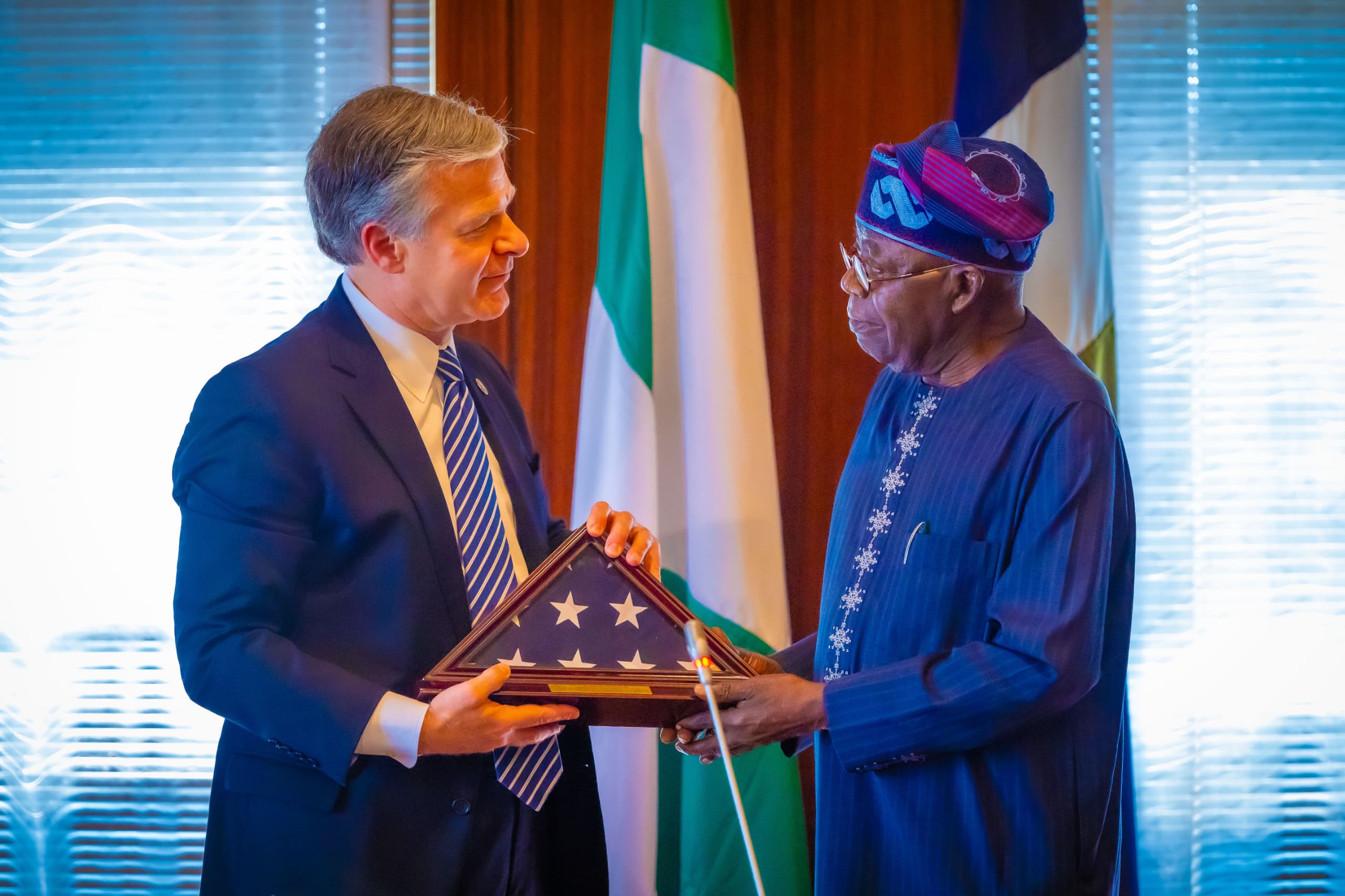Arbitrary billing, disconnection of electricity constitutes gross abuse – CPC

The Consumer Protection Council (CPC) has appraised the interaction between the nation’s electricity Distribution Companies (DISCOs) and their consumers, declaring that arbitrary billing and group disconnection of electricity consumers without consideration for those paying their bills constitute a gross abuse of consumer rights.
The Director General of the Council, Babatunde Irukera, said this in Abuja at a meeting with the top management of Abuja Electricity Distribution Company (AEDC) led by its Managing Director, Engineer Ernest Mupwaya.
The Director General noted that the vast majority of complaints in the sector are these two issues.
Irukera, while expressing understanding about challenges in the industry, said “there is no excuse for how consumers are treated”.
He said, “The key complaints that we receive are arbitrary, unsupported and unreasonable billing; people not being treated with dignity, the complaint resolution process is either lacking or unclear and there’s really no respect for people”.
The director general disclosed that consumers’ complaints have not been primarily about supply, but about billing for non-existent supply, stressing that “as a matter of fact, a vast majority of supply complaints are attributed to the fact that you are asking them to pay for something that was not supplied and the other significant reason is group disconnection”.
According to him, “DISCOs have gotten to a point where no one takes their bills seriously anymore, because they are considered outrageous. I think the pressure on metering will not be so bad if the estimated billing was more transparent and reasonable”.
He noted that “what DISCOs are doing is connecting their balance sheets to receivables from consumers, but consumers are connecting what they owe to what they receive”.
Irukera, while charging the distribution companies to stop the arbitrary billing system, asserted that “connecting balance sheet to an opaque arbitrary metering system is the worst form of abuse, especially for an essential public utility”.
He also contended that group disconnection usually adopted by distribution companies because of the debts owed by some members of the affected groups unfortunately disregards and undermines the rights of other consumers in the groups who did not owe.
They group-disconnect consumers. If there’s one responsible consumer who is being disconnected unjustly, what you are doing is that you are discouraging responsibility”, he added.
The CPC boss observed that group disconnection is antithetical to the promotion of an enabling environment for investment, stressing that it “is the quintessential case for mistreatment of an otherwise responsible consumer”.
On his part, the AEDC Managing Director emphasized the need for the company to have a cost reflective tariff for it to have a seamless and a more robust operation, stressing that fluctuation in foreign exchange rates and inflation impact on its activities.
Speaking on the issue of estimated billing, he disclosed that efforts are being made to address the metering gap with more meters for consumers and the adoption of an interim plan of metering transformers for a more accurate estimation.
He stated: “The issue of estimated billing has not been fully resolved because of the low rate of metering, and this is closely tied with the impairment on the balance sheet which is tied to tariff issues.
The balance sheets are impaired to the extent that we are facing huge challenges to attract investments. But I must say that the government, through the power sector recovery programme, has put up a plan that will address these gaps.
“There will be a reset this year, and there will be some level of adjustments in such a way that the balance sheets will look better, and this will give us impetus to get more finances. I think the whole plan is premised on DISCOs being able to meter customers 100% over 24 months.
If everybody is identified and there is equitable sharing, then the estimated billing becomes very accurate. And this will be followed by the actual mass metering. But before the mass metering arrives, we think we can have every means to do the transformer metering”, he added.








